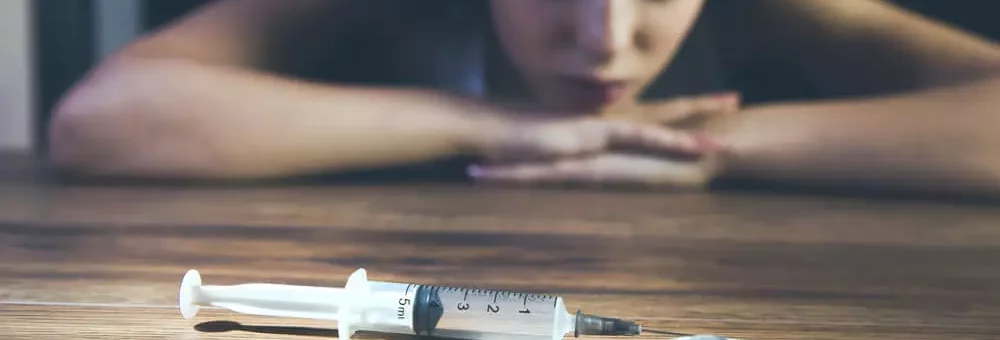
What is Relapse? 4 Things to Know About Relapse
Legacy Healing Center Blog
Learn how to prevent relapse by knowing the steps to take.
What is relapse? Relapse is to fall or slip back into a former state, practice or back into illness after apparent recovery.
Unfortunately, recovery is not just black and white, oftentimes signs of relapse show through when an individual is having a tough time and have begun to slip back into their old ways.
Just as a heart condition of chronic illness, relapse can happen even if there has been a significant period of recovery. A relapse can be a slip or a full-blown relapse.
Here we will give you what you need to know about relapse symptoms and how to help someone who is showing signs of relapse.
If you or someone you love needs help with addiction, call 954-994-2965 today to speak with a treatment specialist.
4 Things to Know About Relapse
Understanding a few things about preventing recurring drug addiction can help you help a loved one avoid a full-blown relapse or return to addiction. Family and friends can play a large role in helping individuals avoid relapse and in order to do so it’s important to understand why it happens, what it is and what to look for.
Why Recurring Drug Addiction Happens
There is not just one reason that individuals turn back to drugs after recovery, there are many different reasons that are identifiable to each individual. Some of these reasons are considered triggers and others are situations.
A few common triggers can include:
- Running into individuals with whom they once used substances
- Going back to places where they once got high
- Seeing movies and TV shows that show individuals using substances
- Listening to someone talk about substances in a positive way
- Listening to someone talk about using substances
- Going through a difficult time such as a death, loss of job or breakup
- Going through extreme emotions that cause unwanted stress
Relapse vs. Slip
A slip in reusing drugs is when an individual in recovery uses a small amount of a substance and then don’t use it again. This can mean a few sips of wine at an event, smoking a bit of a joint as it’s being passed or using a bit of a substance when other individuals have it around you.
While this may seem harmless to most people, for recovering addicts this can be a stepping stone to full relapse. If they believe that they can control using substances from time to time, but lose track of how often they are using, they may find themselves in a full relapse or with cravings.
What Is Relapse (Full Relapse)?
A full recurring drug addiction is when a recovering addict has lost control of their cravings and are actively seeking out substances to use. If there has been a binge session or a period of time of substance abuse, the individual should return to treatment and if they do not, this relapse could return to an addiction status.
The Signs Of Relapse
Recurring drug addiction symptoms and signs will vary from person to person, understanding the general signs of recurring drug addiction can help you help yourself, or a loved one get back on the right track.
A few common signs of addicts getting back on drugs are:
- No longer attending treatment sessions
- Noticing time spend with individuals who make poor decisions, with whom they once abused drugs
- Talking about their substance abuse, in a glorifying way
- Justifying using substances from time to time
- Isolation and spending time away from positive influences
- Increased symptoms of mental health issues
If you notice that an individual in recovery is struggling with remaining sober it’s important to remember to be encouraging, speak up to them about any red flags, check-in with them regularly and even attend family therapy sessions with them.
If you believe that a loved one may be slipping on their rehabilitation progress, speak to them about what you’re seeing and if all else fails, reach out to us for help today and call 954-994-2965 to speak with a treatment specialist.
